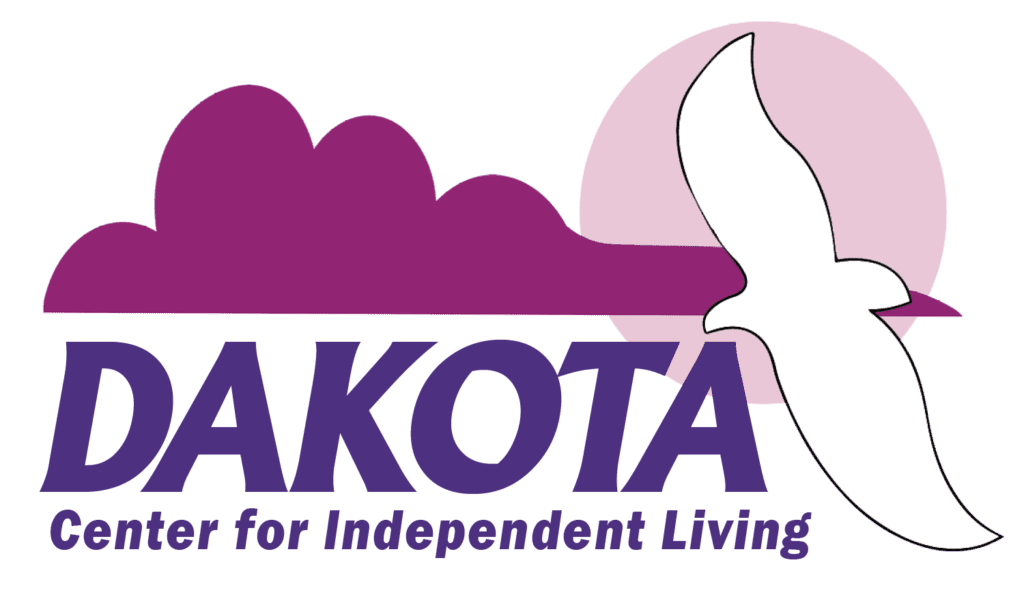If you have gone through a traumatic experience, it is normal to feel lots of emotions, such as distress, fear, helplessness, guilt, shame or anger. You may start to feel better after days or weeks, but sometimes, these feelings don’t go away. If the symptoms last for more than a month, you may have post-traumatic stress disorder or PTSD.
“Posttraumatic Stress Disorder (PTSD) is an anxiety disorder that can occur following the experience or witnessing of a traumatic event. A traumatic event is a life-threatening event such as military combat, natural disasters, terrorist incidents, serious accidents, or physical or sexual assault in adult or childhood.
PTSD is a real problem and can happen at any age. If you have PTSD, you are not alone. It affects over 14 million American adults (4.4% of the adult population) in any given year.
Who can get PTSD?
- Anyone who was a victim, witnessed or has been exposed to a life-threatening situation.
- Survivors of violent acts, such as domestic violence, rape, sexual, physical and/or verbal abuse or physical attacks.
- Survivors of unexpected dangerous events, such as a car accident, natural disaster, or terrorist attack.
- Combat veterans or civilians exposed to war.
- People who have learned of or experienced an unexpected and sudden death of a friend or relative.
- Emergency responders who help victims during traumatic events.
- Children who are neglected and/or abused (physically, sexually or verbally).
What are the symptoms of PTSD?
For many people, symptoms begin almost right away after the trauma happens. For others, the symptoms may not begin or may not become a problem until years later. Symptoms of PTSD may include:
- Repeatedly thinking about the trauma.You may find that thoughts about the trauma come to mind even when you don’t want them to. You might also have nightmares or flashbacks about the trauma or may become upset when something reminds you of the event.
- Being constantly alert or on guard.You may be easily startled or angered, irritable or anxious and preoccupied with staying safe. You may also find it hard to concentrate or sleep or have physical problems, like constipation, diarrhea, rapid breathing, muscle tension or rapid heart rate.
- Avoiding reminders of the trauma. You may not want to talk about the event or be around people or places that remind you of the event. You also may feel emotionally numb, detached from friends and family, and lose interest in activities.
These are other symptoms of PTSD:
- Panic attacks: a feeling of intense fear, with shortness of breath, dizziness, sweating, nausea and racing heart.
- Physical symptoms: chronic pain, headaches, stomach pain, diarrhea, tightness or burning in the chest, muscle cramps or low back pain.
- Feelings of mistrust: losing trust in others and thinking the world is a dangerous place.
- Problems in daily living: having problems functioning in your job, at school, or in social situations.
- Substance abuse: using drugs or alcohol to cope with the emotional pain.
- Relationship problems: having problems with intimacy, or feeling detached from your family and friends.
- Depression: persistent sad, anxious or empty mood; loss of interest in once-enjoyed activities; feelings of guilt and shame; or hopelessness about the future. Other symptoms of depression may also develop.
- Suicidal thoughts: thoughts about taking one’s own life. If you or someone you know is thinking about suicide, chat online at http://www.suicidepreventionlifeline.org/ or call 1-800-273-TALK (8255).
How can I feel better?
PTSD can be treated with success. Treatment and support are critical to your recovery. Although your memories won’t go away, you can learn how to manage your response to these memories and the feelings they bring up. You can also reduce the frequency and intensity of your reactions. The following information may be of help to you.
There are many types of therapy out there:
- Psychotherapy
- Medicine
- Support Groups
- Self-care: Connect with family and friends, relax, exercise, get enough rest, keep a journal, refrain from using drugs and alcohol, limit caffeine, help others and limit TV watching.
*Information taken from Mental Health America website.

